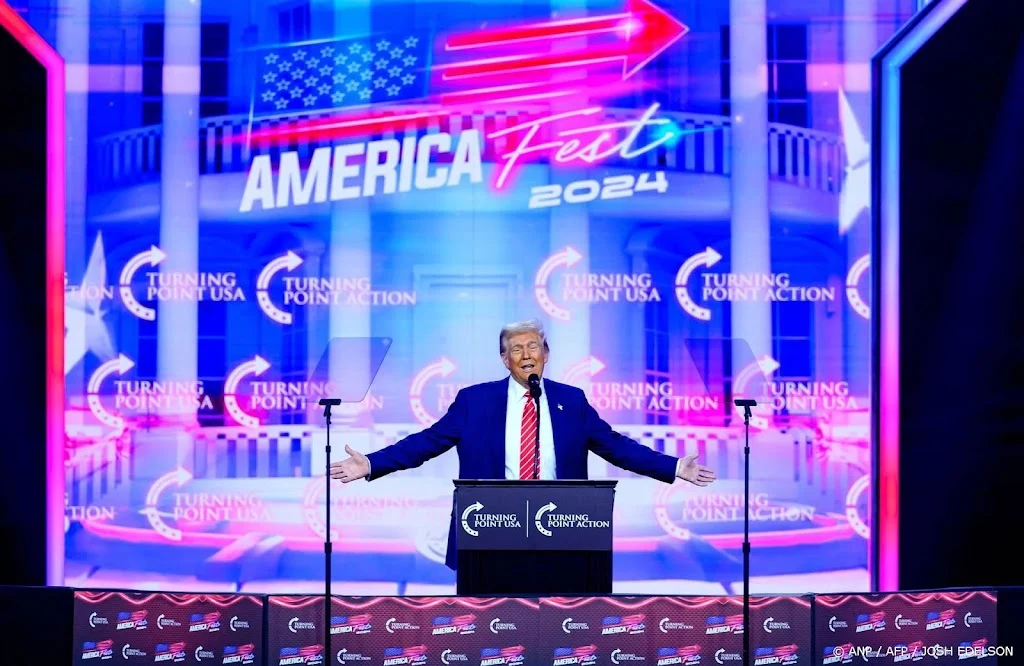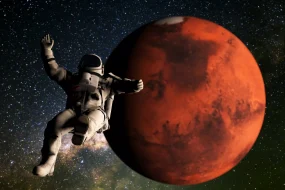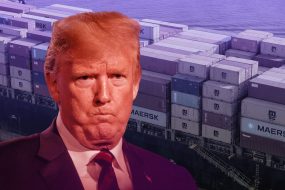
President-elect Donald Trump made headlines by suggesting that his administration regain control of the Panama Canal. It was a strategic waterway that the United States said belonged to Panama in 1999. This bold statement has sparked discussions about the implications of such a move and the motivations behind it.
Background of the Panama Canal
They completed the Panama Canal in 1914 and a monumental engineering achievement. That is significant maritime travel between the Atlantic and Pacific Oceans. The U.S. controlled the canal and the surrounding area until the end of 1999. When President Jimmy Carter handed over to Panama under a treaty signed in 1977. This transfer was a gesture of goodwill and cooperation between the two nations. It has been a point of contention for some U.S. leaders ever since.

Trump’s Claims
During a rally in Arizona, Trump expressed his belief that the U.S. is in a “ripped off” situation by Panama. Due to what he described as “ridiculous” fees charged to American ships passing through the canal. He argued these fees are detrimental to U.S. commerce and military operations. “Our Navy and Commerce are in a very unfair and injudicious way”. Trump emphasized building for the benefit of the U.S. and suggested that if Panama did not adhere to the principles of the original agreement, the U.S. would demand its return.
The Response from Panama
Panama’s President, José Raúl Mulino, quickly rebuffed Trump’s assertions, asserting that “every square meter of the canal belongs to Panama and will continue to belong”. He defended the fee structure, explaining that tariffs are on operational costs and market demand, not arbitrarily. Mulino’s response highlights Panama’s sovereignty over the canal and the economic importance it holds for the country, generating about one-fifth of its annual revenue.

Implications of Trump’s Statements
Trump’s comments reflect a broader shift in U.S. foreign policy under his leadership. This is an aggressive stance towards allies and a focus on national interests. His rhetoric suggests a willingness to challenge established diplomatic norms. Which could lead to increased tensions between the U.S. and Panama, as well as other nations involved in maritime trade. Furthermore, Trump’s mention of China’s influence around the canal raises concerns about geopolitical dynamics in the region, although Mulino denied any such influence.
Trump’s threats to reclaim control of the Panama Canal underscore his administration’s potential approach to international relations, prioritizing American interests and challenging the status quo. As the situation develops, it will be crucial to monitor how these statements affect U.S.-Panama relations and the broader geopolitical landscape.
Read more on Lifetips.blog













